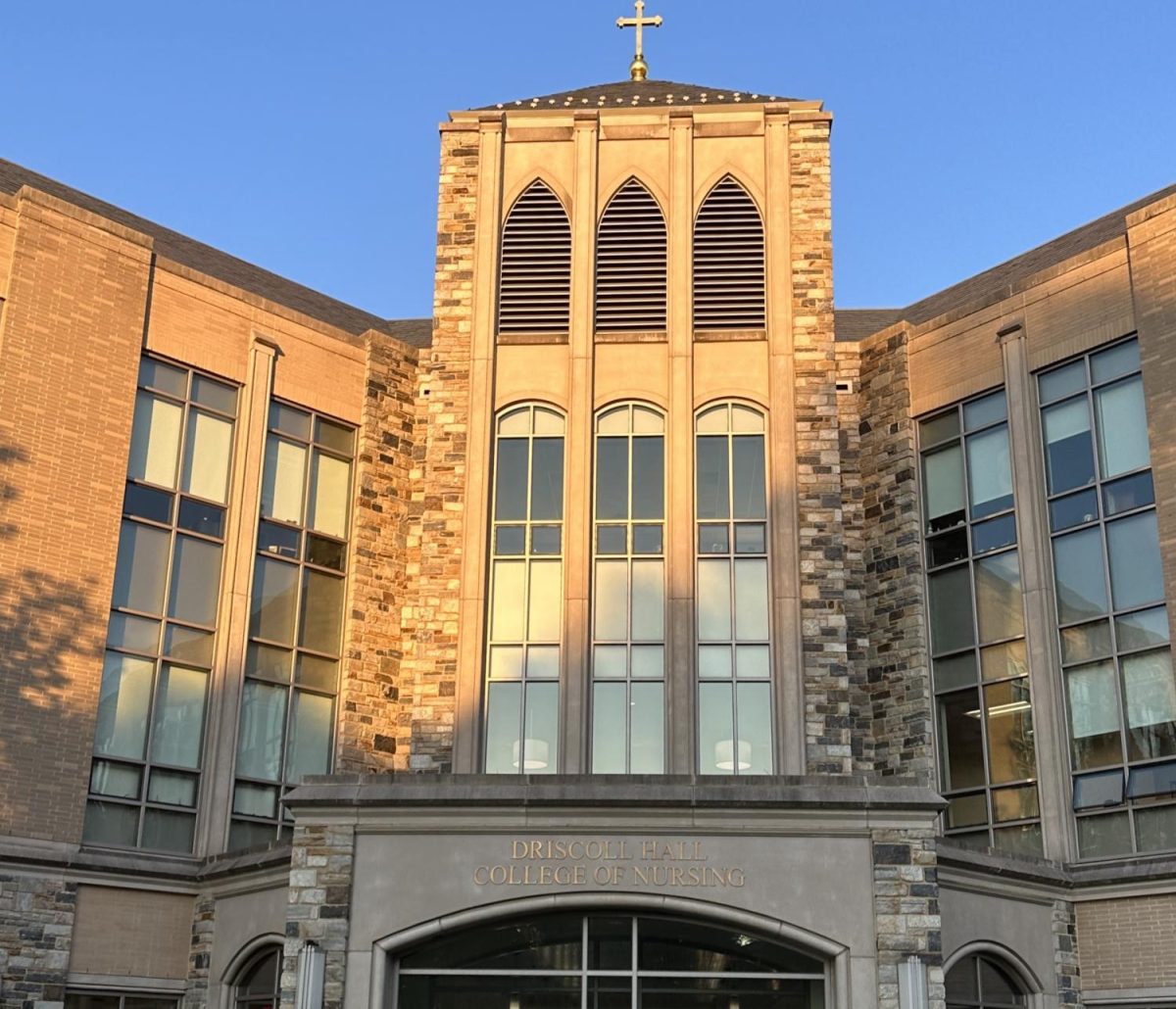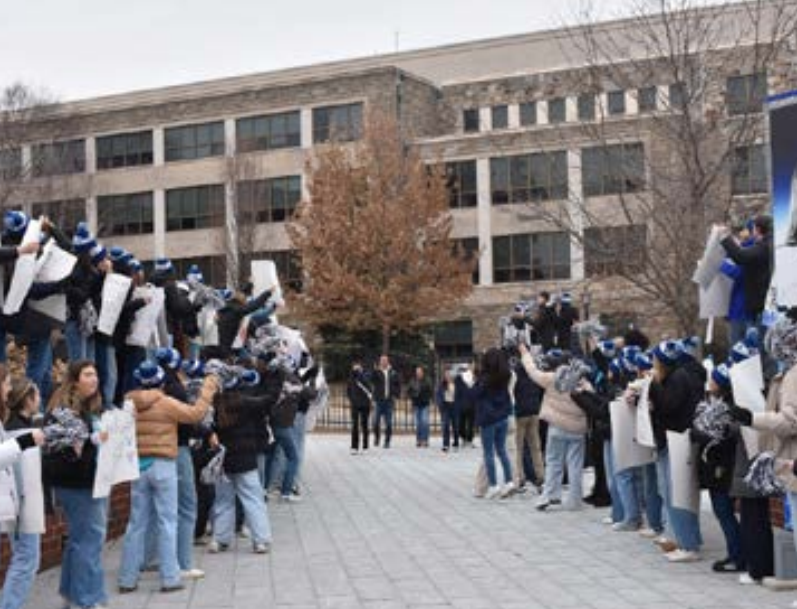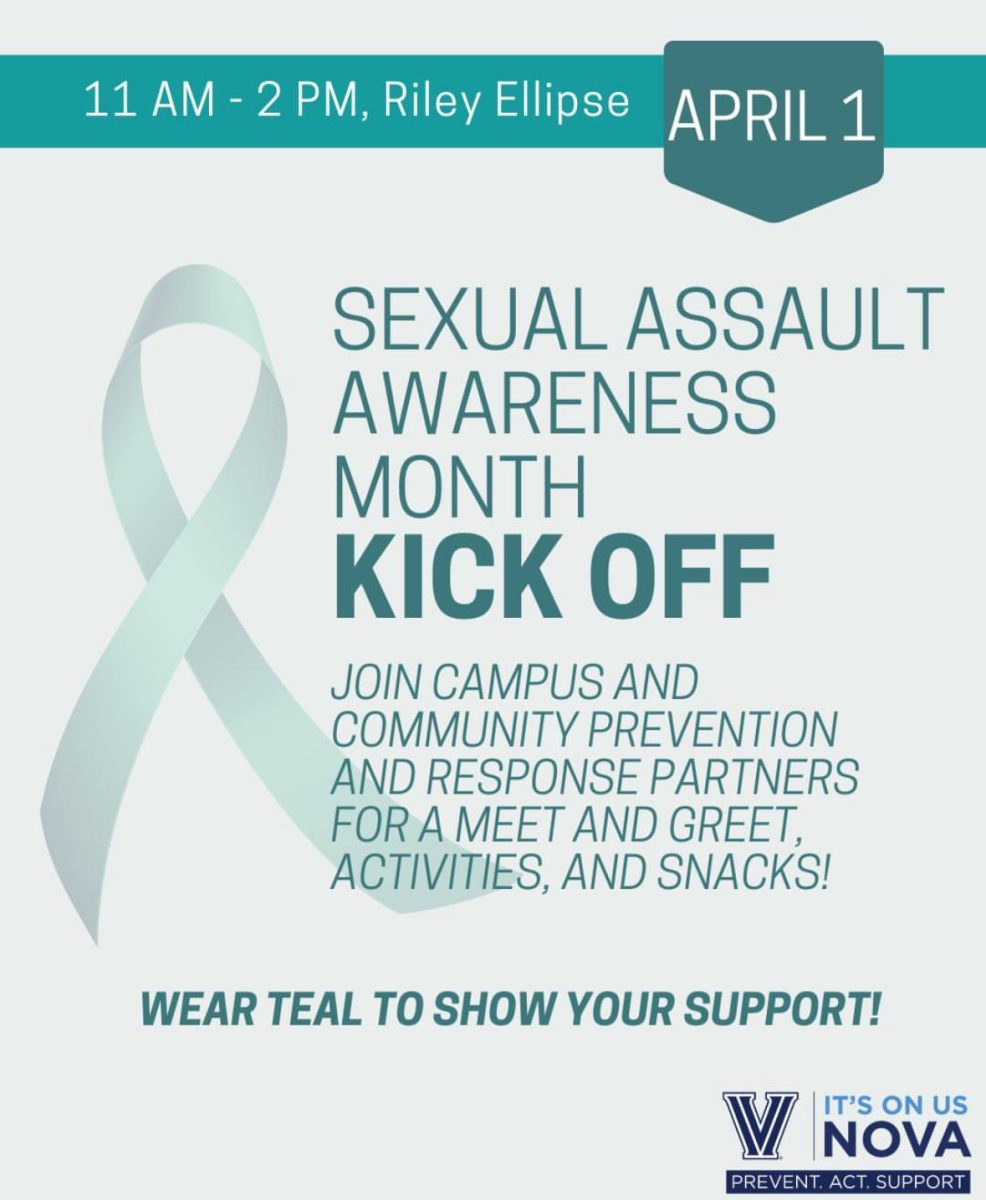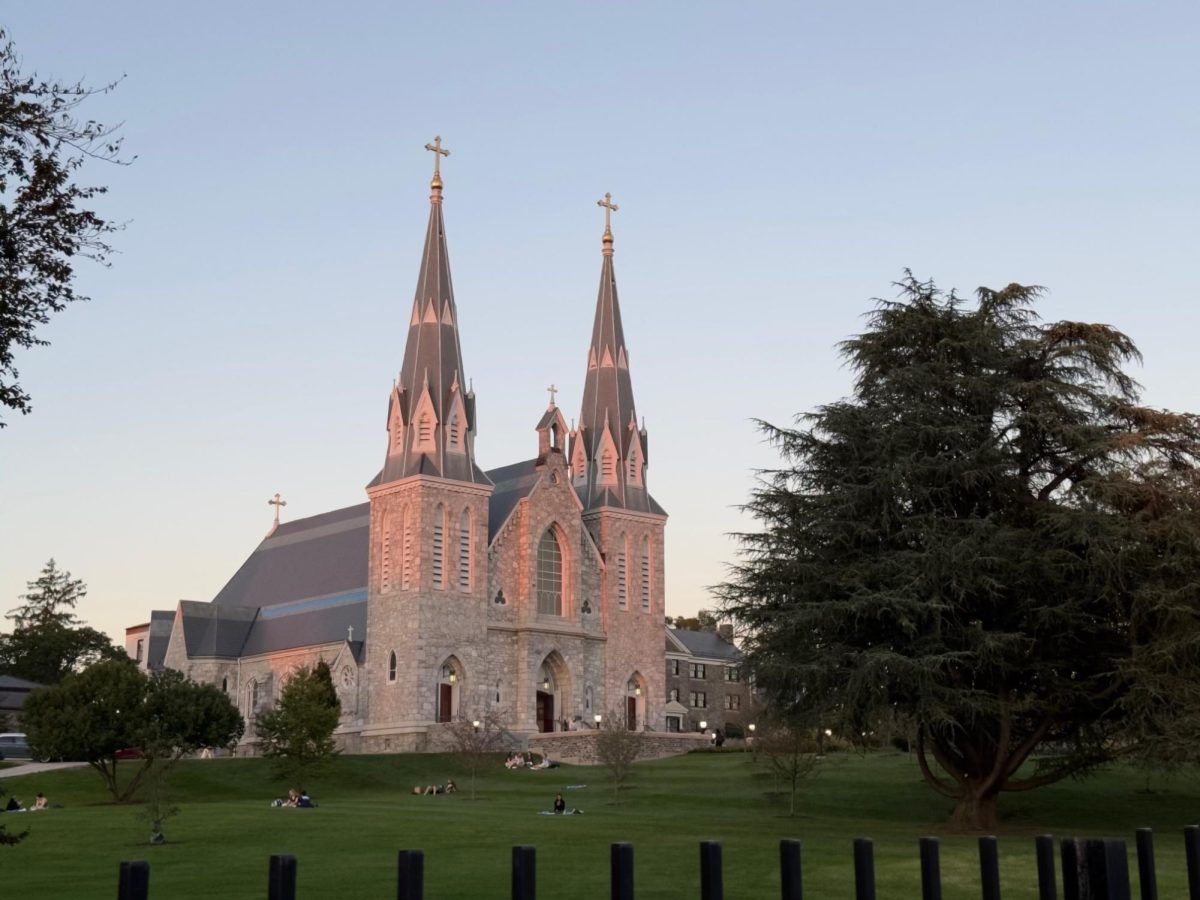This past Friday, April 5, Villanova hosted the 2024 Middle East Dialogue through the Center for Arab and Islamic Studies. The invited panelists covered a variety of ongoing events concerning the Middle East, spanning from the war in Gaza to the current conflict in Iran.
The dialogue attracted a crowd for a variety of reasons, but specifically to hear more on these two conflicts. Headlining the event was the first panel entitled, “A Historic Point of Departure: the Current Crisis in Palestinian-Israeli Relations.” The keynote featured chair Catherine Warrack, a professor in Villanova’s Political Science Department, alongside speaker Alon Ben-Meir of New York University.
Both speakers spoke with an optimistic perspective. The discussion on the ongoing war focused heavily on finding a solution, and specifically, the hope that a peaceful resolution will be discovered and implemented.
“Although some will say that I am overly optimistic, I maintain that the elements for a breakthrough of such a historic magnitude, though created by tragic events, do exist,” a statement read in the description prior to the event. “It will take, however, courageous, visionary and committed leadership on all sides to act.”
After the keynote, a variety of speakers discussed an array of topics concerning the state of the Middle East, including Iran, the proposed Two-State Solution for Palestine and Israel and the growing crisis in Sudan.
Noticeably, many students were in attendance, as well. As the country draws closer to the 2024 election, many voiced their concerns on international affairs as a driving factor in choosing who to vote for.
Even at Villanova, many topics featured in the discussion were ones that concern the University. Recently, President of Georgetown University John G. DeGoia has called for an immediate ceasefire between Hamas and Israel, and other students were curious as to whether faculty at Villanova would make a statement on Israel-Hamas, or any of the ongoing conflicts concerning the Middle East.






